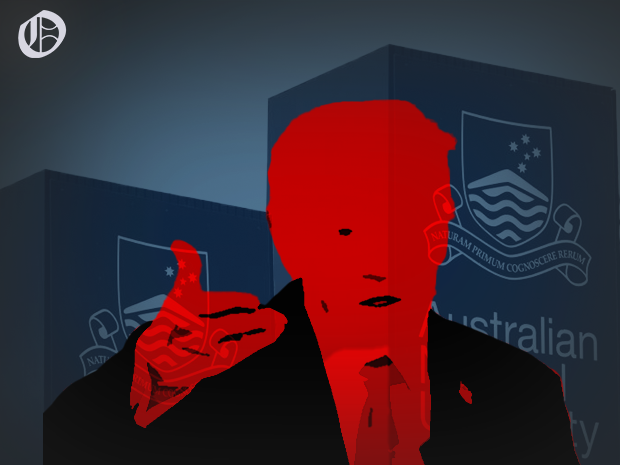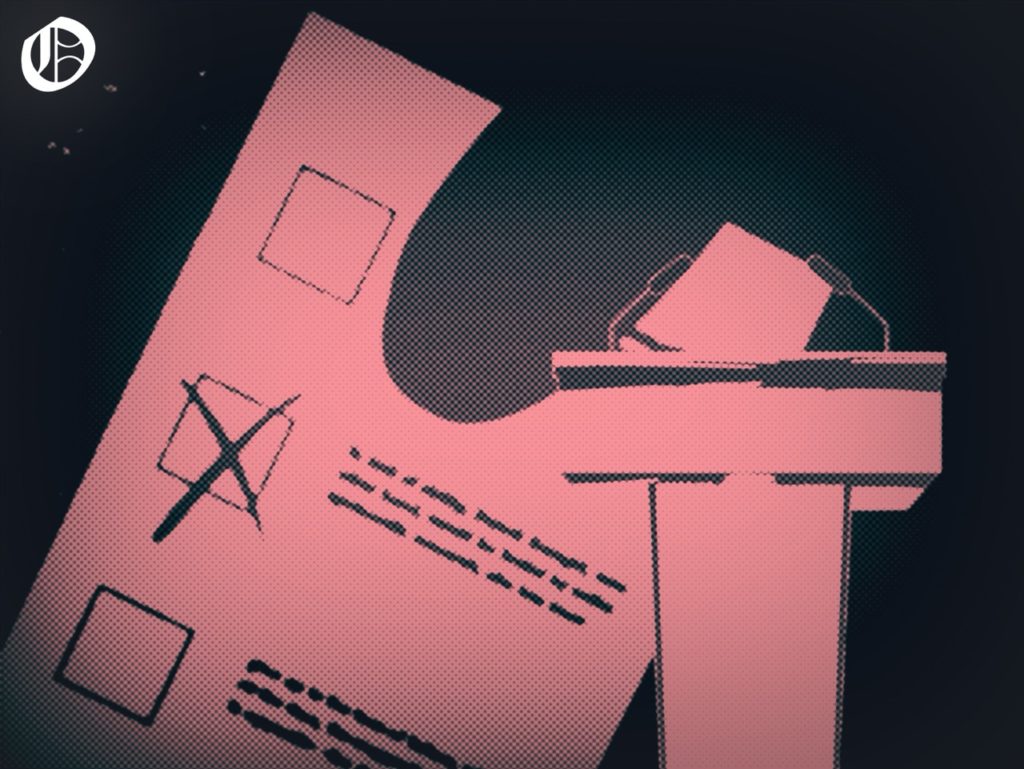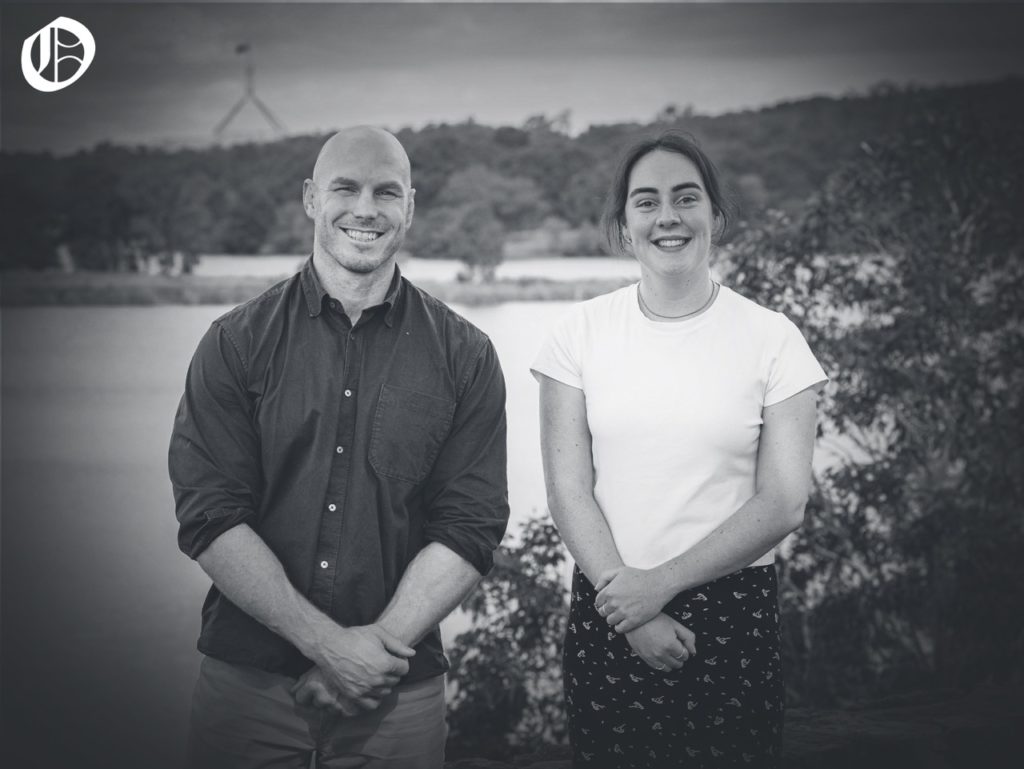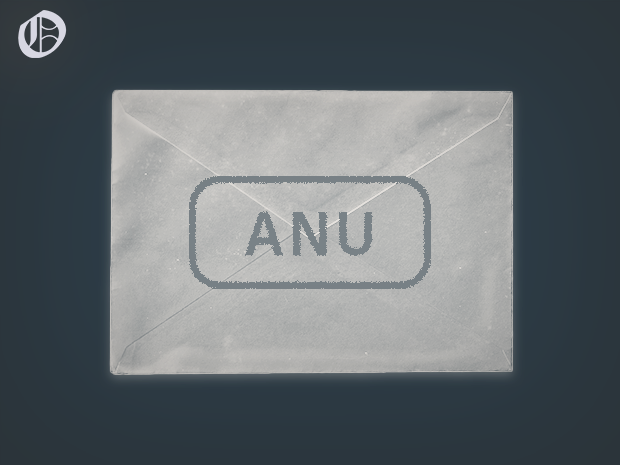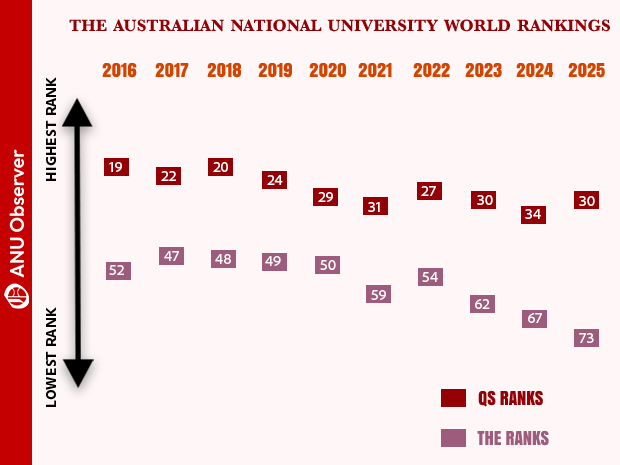“Vindication”: Students Respond to Sexual Assault Review
This story contains discussion of sexual harassment, sexual assault & institutional betrayal.
Students have mixed responses to ANU’s recent independent review into sexual assault and harassment policies, with many criticising the conduct of the review, and claiming much of the recommendations were already called for by student groups. Representatives are cautiously optimistic about ANU following the recommendations, but say it will take significant time and effort to rebuild student trust.
Reaction to the review from student leaders was one of exasperated confirmation. Perkov explained: “The review says a lot of the same things that student and survivor activists have been saying”.
The review found that ANU’s policies are unclear on what sexual assault and harassment incidents should be handled by mediation, university discipline, or police action. 2018 Women’s Officer Laura Perkov said this finding “pinpoints the issues that [the Women’s department] have also been talking about”, and also identified that student groups have long been calling for more support for students receiving disclosures, another recommendation of the review. ANUSA President James Connolly agreed, calling it a “ vindication” of student groups; Connolly told Observer that all the major recommendations ANUSA and PARSA made were accepted.
ANU, the review found, has frequently cited potential criminal liability as reason ANU could not handle the case internally. The review found this to be inaccurate, and recommended that ANU should further explore how their policy could interact with the criminal justice process. Ellie Greenwood, an ANU alum who wrote extensive research on ANU’s sexual assault and harassment policy, said this represented “ANU’s persistent and false claims that they cannot do anything about sexual assault”, and several student leaders have accused ANU of using this as an excuse not to act, which the review also says may have occurred.
One of the review’s strongest findings was a severe lack of faith or trust among the student body and student groups, which leads to lack of reporting. The review recommended ANU attempt to restore this faith, and the university has committed to doing so.
Connolly told Observer survivors have a “complete absence of trust” in the ANU, and attributed this to ANU’s refusal to discipline perpetrators, which he said leaves survivors “disempowered” and “in the dark”. He argued that in order to restore trust, the “bare minimum” the university must do is accept its duty of care for students and communicate their procedures to students.
ANU has committed to following the review’s recommendations, including the creation of a single point of contact for all reports; a move student activists applauded. They have also committed to releasing timelines for the implementation of these recommendations. Perkov said the results could be “promising” if ANU adopted the changes, but said she was “not confident” it would happen. Connolly noted that ANU would be “sector leading” in sexual assault and harassment policy if they did make the changes, but that this is the consequence of “a rather low bar”.
Queer* officer Ariel Scott argued ANU’s response to specific concerns of the queer* community re SASH was “clearly lacking”. They specifically noted a lack of commitment to specialised medical and counselling staff for queer* issues, saying “ANU should have experts that specialise in queer* issues, not just ‘awareness’”.
Students have been highly critical of the conduct of the review as well as the contents. Many were outraged over the University’s decision to not have the review consult survivors of sexual assault and harassment, ostensibly due to a desire to complete the review quickly, and then further frustrated when the review was delayed by over a month regardless. Connolly called this move “both a misstep and offensive”. The review acknowledged this was a limitation, and “recommended that survivors…are included in developing the next steps in the University’s response”.
Many among student representatives also criticised the lack of publicity offered to the review when it was released. ANU provided information of the review on a webpage, which originally failed to make the review itself available; the issue was resolved more than 24 hours after the initial publication. Vice Chancellor Brian Schmidt mentioned the review among other things in his blog post yesterday, though the review was not mentioned in the title.
Eliza Croft contributed to this report.
If you have been sexually assaulted, or affected by a sexual assault, support is available:
Canberra Rape Crisis Centre: (02) 6247 2525 (7am-11pm)
1800 RESPECT (24/7)
ANU Counselling: 02 6125 2442 (9am-5pm, Mon-Fri)
If you want to participate in the investigative campus journalism of The ANU Observer, apply to join our team. No experience required, just commitment and tenacity.





